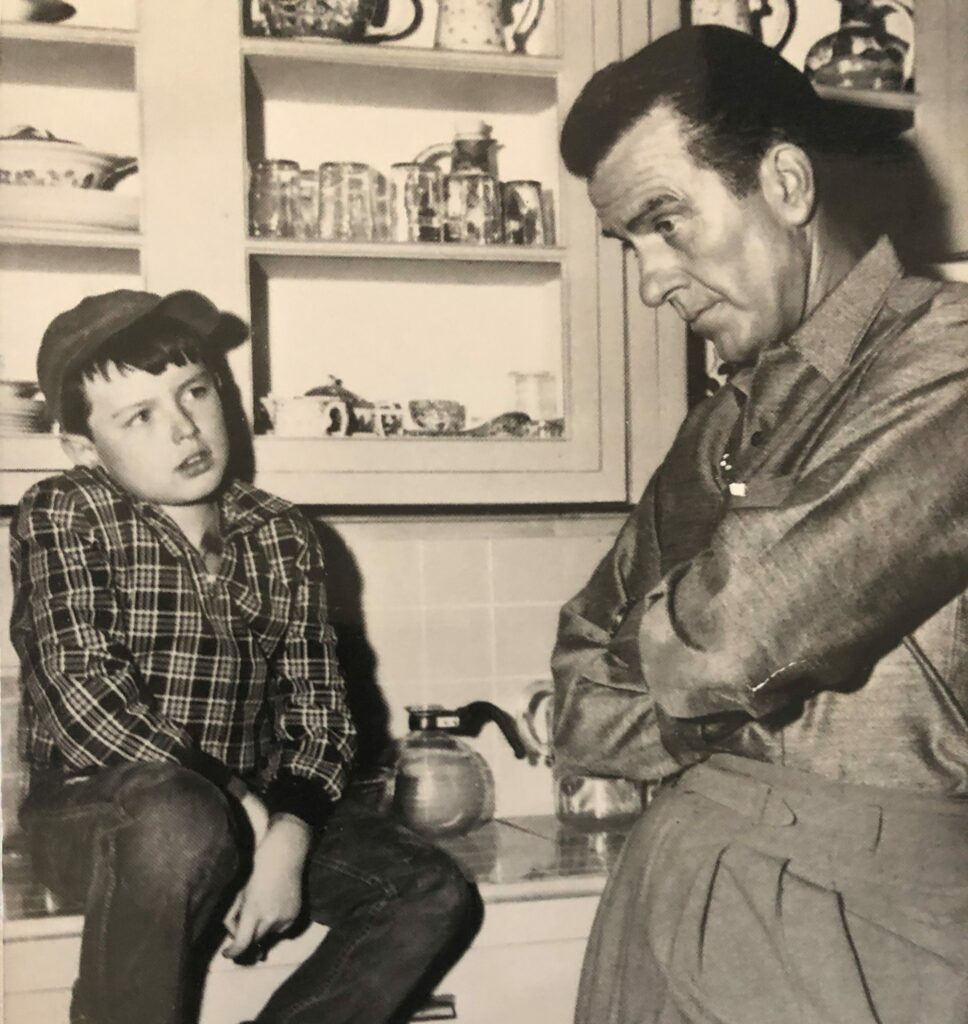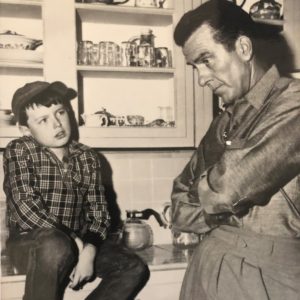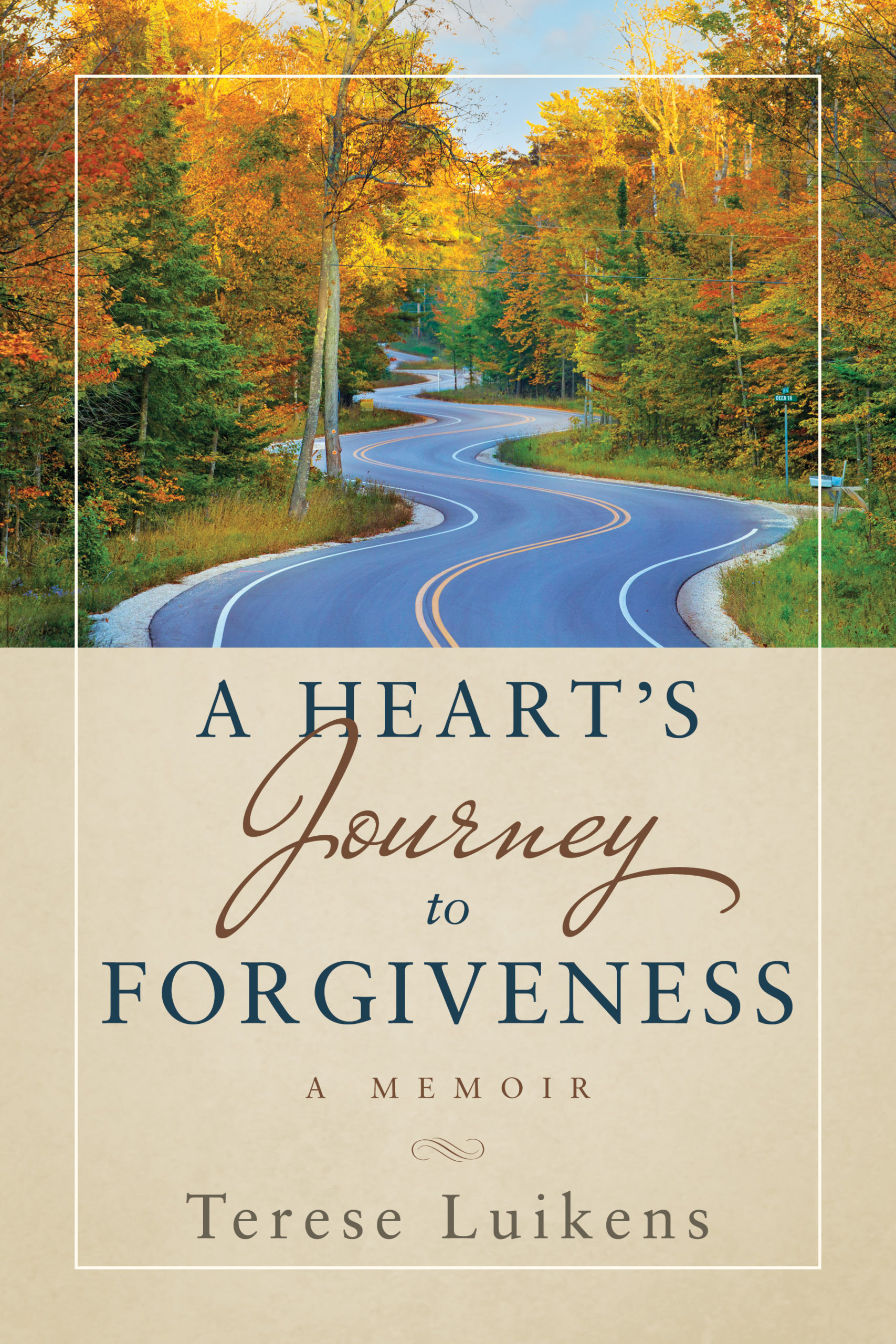
Why Bother Growing Your Emotional Intelligence?

Why Bother Growing Your Emotional Intelligence?
My mother had a funny way of offering advice to me. Oftentimes, she would cautiously open my bedroom door where I sequestered myself during my teen years, and set a newspaper article on my dresser. Like “Thing” from Adam’s Family, her hand would slide through the crack in the doorway, set an article down and then withdraw, without a word.
Her method of communication bothered me somewhat and for that reason, I rarely read any of the items she left for me. But titles such as, “Don’t Cry Over Spilled Milk,” and “Don’t Make Mountains Out of Molehills,” told me she was at least aware of my emotional state at the time.
Good Intentions
I do not doubt my mother’s good intentions. She observed my moods, mostly indignation, an ill temper and silence and tried, in her own way, to help me. But, placing an article on my dresser with my name scrolled across the top in hopes that it would urge me toward understanding my emotions and grow toward a happier disposition only fueled my exasperation. What I needed from her was a good conversation about how sometimes emotions can be messy, making us feel awkward, uncomfortable and out-of-sorts. But she and I were a lot alike— we were both emotionally illiterate.
Emotions were never a topic anyone in my family spoke about. No one knew how to identify them or name them. We all wanted to be happy, lighthearted, full and gleeful gladness, but sometimes anger, sadness, and disappointment crept in too.
Feeling these “darker” emotions confounded me and like dirty laundry, they accumulated into piles. Though I attempted to kick the mounds out of my way, it only made things messier.
Eventually, I grew into adulthood and discovered some things about emotions. First of all, they are not something we can ignore or disregard. They come with our humanness and they tell us quite a bit about ourselves if we listen to them.
Our emotions need our attention. They require time and patience. But as we take the time to sort through our “dirty laundry” we become more intelligent about what makes us feel the way we do. When I’m angry, it is usually because I feel threatened and when I am sad it is because I’ve been disappointed by someone. Being aware of these feelings builds a bridge to understanding myself. But, first I have to notice the emotion. Recognizing what is going on inside me and why, gives me the power to choose how I respond. I can shift to thinking differently and thinking differently makes all the difference, it makes me intelligent.
But being more aware of how I feel isn’t just about knowing myself better, it also makes me a little more savvy about the feelings of others. When a close friend is angry, I won’t be handing them an article about how to control their anger. Instead, I’ll validate that it makes sense they’d feel what they are feeling. Acknowledging the feelings of others helps them become more intelligent about their emotions too.
So why bother growing our emotional intelligence? It is worth it to be emotionally intelligent because our emotions are meant to tell us what we need to know, if we listen.
New Release
